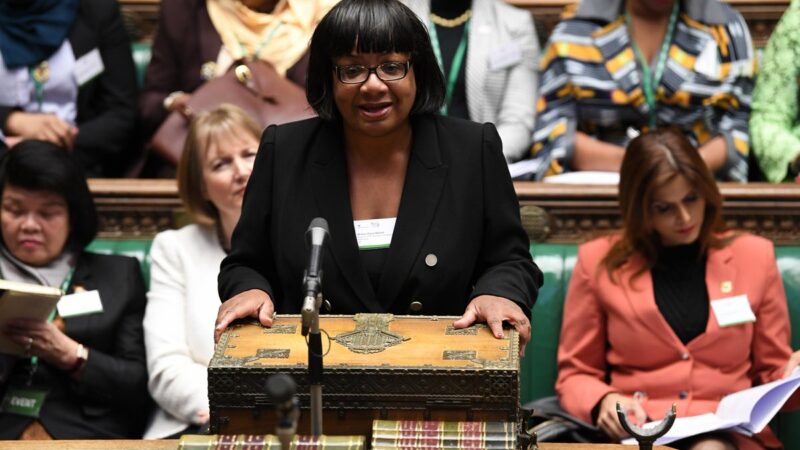
The Windrush Lessons Learned Review has been published this week – in the middle of a period unprecedented national crisis. It is a damning exposé of the Home Office policy and practice on race and immigration, which led inevitably to the Windrush scandal. It is hard to escape the conclusion that the Home Office, having delayed publication, is not unhappy that the review is being published at a time when it could be buried. Certainly, as Shadow Home Secretary, I was not offered sight of the review in advance. The absence of this normal practice confirms the sense that the government wanted the minimum of informed scrutiny of a review that – from the Home Office point of view – is cataclysmic.
The review is long and detailed. But it sums up its findings quite simply: “The recommendations can be boiled down to three elements: the Home Office must acknowledge the wrong which has been done; it must open itself up to greater external scrutiny; and it must change its culture to recognise that migration and wider Home Office policy is about people and, whatever its objective, should be rooted in humanity.” I quoted this in the debate on the statement by Home Secretary Priti Patel about the review. A former Home Secretary, Theresa May, was in the chamber for this statement. When I quoted the review talking about “humanity” Theresa May looked particularly blank.
One of the most telling sections of this long review was when it said: “Some ministers and senior officials spoken to in the course of this review do not appear to accept the full extent of the injustice done to the Windrush generation. Many gave the impression that the situation was unforeseen, unforeseeable and therefore unavoidable… Whereas the evidence clearly shows that the sequence of events which culminated in the scandal, while unforeseen, was both foreseeable and avoidable.” And tellingly, the review goes on: “Others have expressed the view that the responsibility really lay with the Windrush generation themselves to sort out their status.” It is these unpleasant, dismissive and ultimately racist attitudes that underly the Windrush scandal. And if Theresa May herself didn’t say these words (she did not seem shocked when I read them out), then ministers and officials very close to her did speak in these exact terms to the review.
The review talks in detail about what has to happen and what Home Office ministers must do now. Amongst 30 recommendations, the review calls for: a comprehensive improvement plan; a programme of reconciliation events with members of the Windrush generation; telling the stories of empire, Windrush and its legacy; a commission to undertake a full review and evaluation of the hostile environment policy and that ministers should ensure that all policies and proposals for legislation on immigration and nationality are subjected to rigorous impact assessments. The review also calls for the appointment of an Immigration Commissioner.
The government is obviously hoping to bury these transformative recommendations, just as they have attempted to bury the publication of the review itself. They cannot be allowed to do this. The truth is that the Windrush generation came to Britain after the war to help rebuild this country. They never doubted that they were British. Born in British colonies, they were hugely supportive of all the institutions of the British state. It was very common for them to have a picture of the Queen in pride of place in their homes. The worst thing about the Windrush scandal for them was not the unfairness and the injustice, up to and including deportation. The very worst thing about the scandal for the Windrush generation was the humiliation of having their Britishness challenged.
The structural problems and the culture of the Home Office have not changed one iota, and there is another scandal in the making with the treatment of EU nationals currently living in our midst. The government cannot be allowed to claim that they have “drawn a line” under Windrush. The fight for a better and fairer immigration system continues. And the struggle for justice for the Windrush generation goes on.




More from LabourList
Letters to the Editor – week ending 15th February 2026
‘Labour council candidates – it’s tough, but all is not lost’
‘Labour won’t stop the far right by changing leaders — only by proving what the left can deliver’